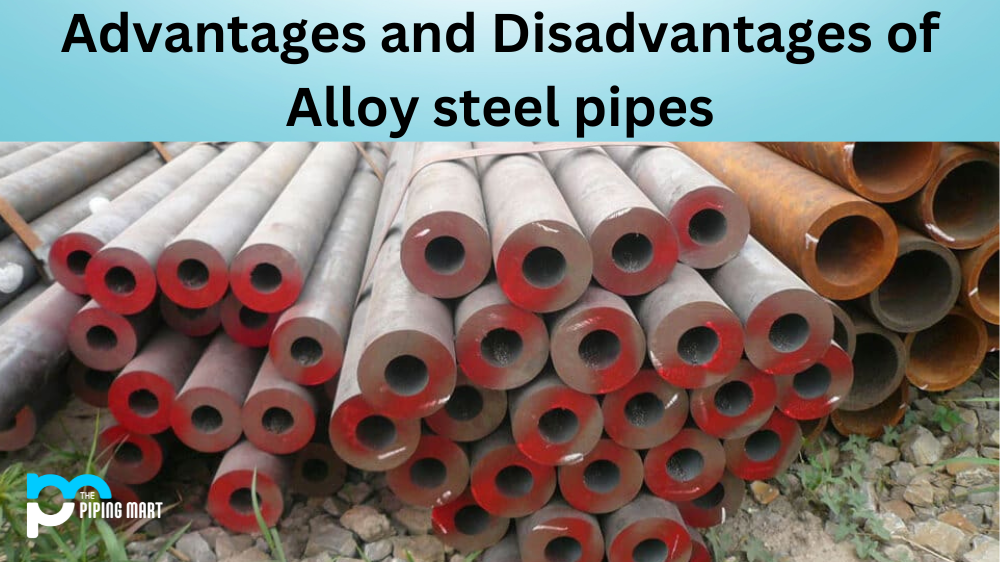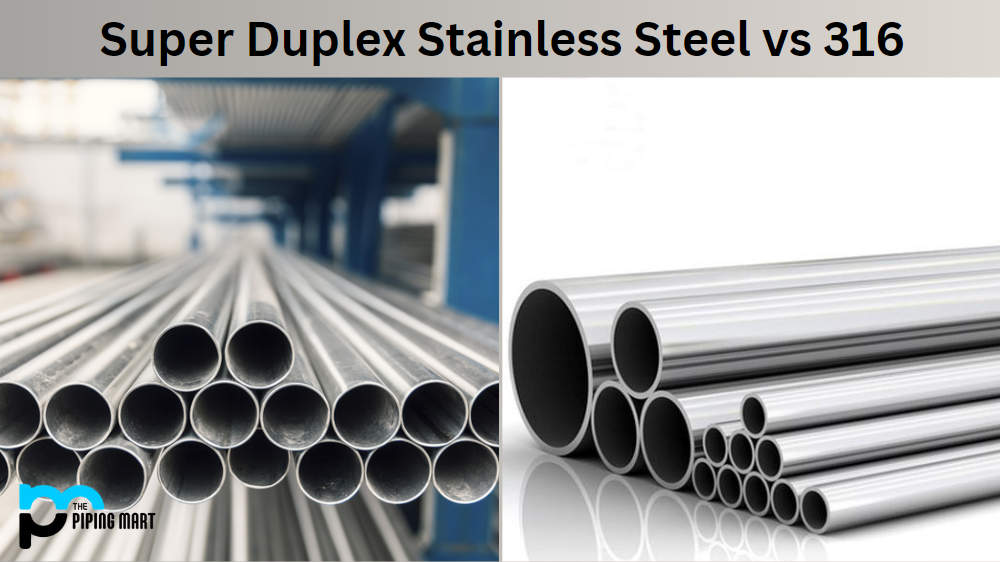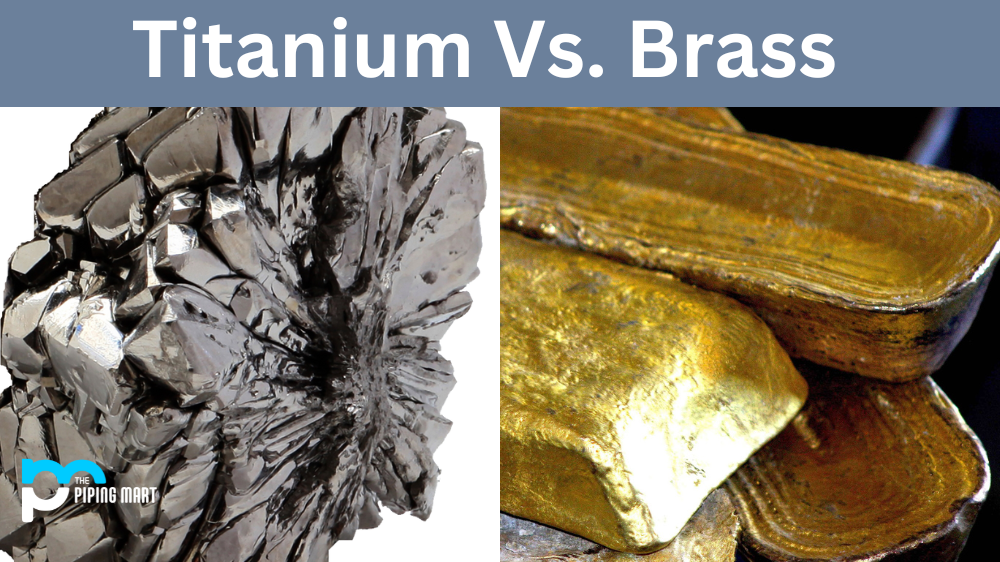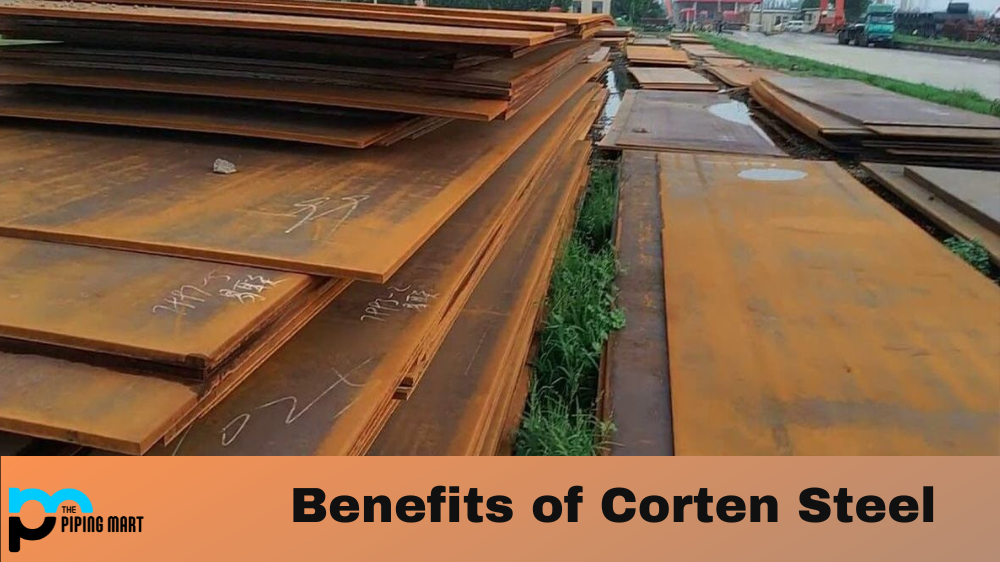Alloy steel pipes are popular for their strength and durability, but they also come with a few drawbacks. In this blog post, we’ll discuss the advantages and disadvantages of alloy steel pipes so that you can make an informed decision when choosing a pipe material for your next project.
5 Advantages of Alloy Steel Pipes
The primary advantage of alloy steel pipes is their strength. When exposed to high temperature or pressure, alloy steel pipes are able to maintain their structural integrity better than other types of pipes. This makes them ideal for applications that involve extreme temperatures or pressures, such as boilers and heat exchangers. Additionally, alloy steel pipes are resistant to corrosion and abrasion, making them suitable for use in harsh environments.
Another benefit of alloy steel pipes is their affordability. Unlike stainless steel pipe, which can be expensive due to its resistance to corrosion, alloy steel pipe offers excellent performance at a much lower cost. This makes them ideal for projects with tight budgets that require reliable performance from their piping system.
Increased Strength
One of the primary advantages of alloy steel pipes is that they are stronger than traditional steel pipes. This is due to the fact that alloy steel pipes contain additional elements, such as manganese, chromium, or silicon, which increase the strength of the material. Alloy steel pipes are therefore ideal for applications where strength is a key concern.
Increased Durability
In addition to being stronger, alloy steel pipes are also more durable than traditional steel pipes. This increased durability is a result of the additional elements in the alloy, which improve the resistance of the material to wear and tear. Alloy steel pipes are therefore an ideal choice for applications where durability is important.
Improved Corrosion Resistance
Another advantage of alloy steel pipes is that they exhibit improved corrosion resistance when compared to traditional steel pipes. This is due to the fact that the additional elements in the alloy form a protective layer on the surface of the pipe, which prevents rust and other forms of corrosion from forming. Alloy steel pipes are therefore an ideal choice for applications where corrosion resistance is important.
Improved Temperature Resistance
Alloy steel pipes also exhibit improved temperature resistance when compared to traditional steel pipes. This is due to the fact that the additional elements in the alloy slow down the rate at which heat is conducted through the material. As a result, alloy steel pipes are an ideal choice for applications where temperature resistance is important.
Reduced Cost
Despite their many benefits, alloy steel pipes are often no more expensive than traditional steel pipes. This is due to the fact that alloy steels are often used in lieu of more expensive materials, such as stainless steels, in applications where their benefits are not required. As a result, alloy steel pipes represent a cost-effective solution for many applications
5 Disadvantages of Alloy Steel Pipes
One major disadvantage of alloy steel pipes is that they are not as resistant to corrosion as other materials, such as stainless steel pipe or copper pipe. While they may offer adequate performance in certain applications where extreme temperatures or pressures are present, they will not perform as well over time in corrosive environments compared to other materials. Additionally, some alloys may form brittle zones under extreme conditions, which can lead to cracking or failure of the pipe if not properly monitored during operation.
- Alloy steel pipes are more expensive than carbon steel pipes.
- Alloy steel pipes are not as strong as carbon steel pipes.
- Alloy steel pipes are more difficult to weld than carbon steel pipes.
- Alloy steel pipes may corrode more easily than carbon steel pipes.
- Alloy steel pipes may not be compatible with all types of fittings and flanges
Conclusion
No material is perfect for every application, and this holds true for alloy steel pipes too. While they offer excellent strength and durability at an affordable price point, they do have some drawbacks, such as susceptibility to corrosion in certain environments and brittleness under extreme conditions. Ultimately, it’s important to weigh the pros and cons before deciding which type of pipe material is best suited for your project’s requirements. With careful consideration of your needs and budget constraints, you can ensure that you select the right material for the job!

Pipingmart is a B2B portal that specializes in metal, industrial and piping items. Additionally, we share the latest information and information about materials, products and various types of grades to assist businesses that are involved in this business.




